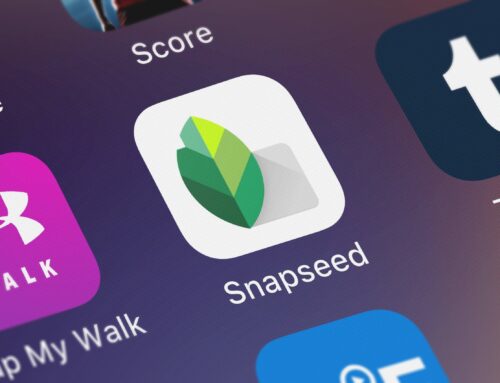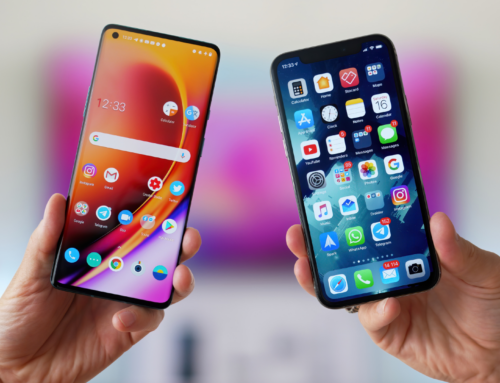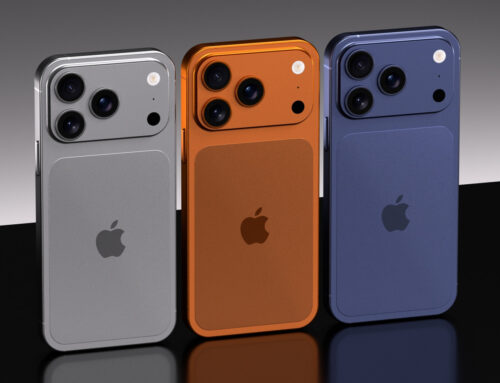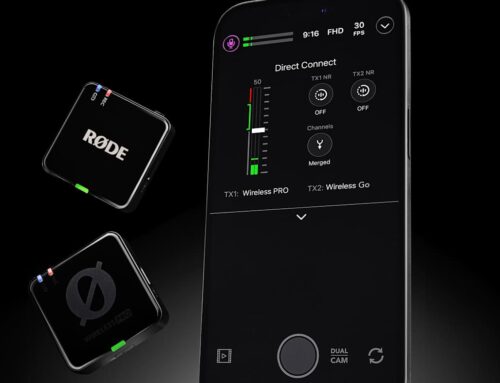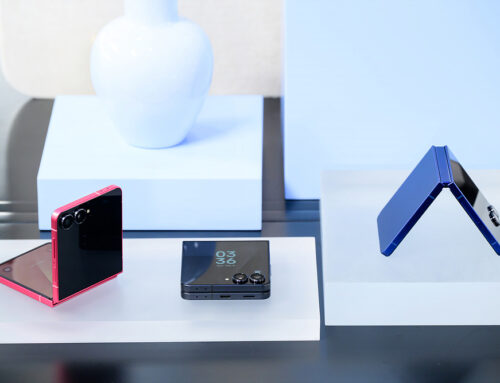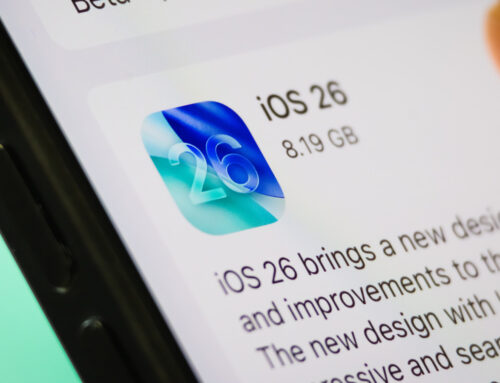Gabo_Arts/Shutterstock
In 2020, when Apple announced the iPhone 12 series, it made the controversial decision to remove the charging adapter and free earbuds from the retail package. Apple claimed that the decision was purely borne out of environmental concerns, and the company tried hard to convince consumers that the decision was part of its initiatives to address the massive e-waste problem. Nevertheless, Apple’s decision was met with scorn from consumers and ridicule from most of the competition. Two years on, it is now commonplace for even the most expensive smartphones to not feature a charging adapter as part of the retail package.
While most smartphone consumers seem to have come to terms with the reality of brands not including charging adapters and accessories with smartphones, consumer protection groups in several countries have pushed back against these arguably anti-consumer moves. France, for example, mandated Apple continue to provide French citizens with free EarPods even after the company stopped including them in the box. In December 2020, Brazilian consumer watchdog Procon-Sao Paulo fined Apple the equivalent of $1.9 million for removing chargers from retail boxes. Procon’s other subsidiaries from the regions of Santa Catarina, Fortaleza, and Caldas Novas imposed additional fines on the company.
However, these fines seem to have had little impact on Apple’s strategy in Brazil. The cash-rich company continued selling iPhones without chargers in Brazil with impunity. Taking cognizance of Apple’s nonchalant attitude, Brazil’s Ministry of Justice and Public Security (MJSP) recently announced in a press release harsher punishments: Apple has been barred from selling certain iPhones in the country with immediate effect.
Apple faces fresh fines in addition to sales ban
ALDECA studio/Shutterstock
In the order issued by the Ministry of Justice and Public Security on September 6, 2022, the government agency mandates Apple to stop the sale of iPhone models without chargers within Brazil. In addition to freezing sales, the MJSP also imposed a fine of $2.3 million on the tech company. Not content with this, the MJSP has also revoked the certification issued by Brazil’s telecom agency Anatel for the iPhone 12 lineup.
The MJSP contends that by choosing not to include a wall charger with the iPhone, Apple is essentially selling the consumer an incomplete product that lacks essential functionality. The MJSP asserts that this is akin to subjecting the consumers to discrimination and Apple failing to deliver on its consumer commitments. Apple’s counsel contended that the company’s decision was out of environmental concerns only. The MJSP did not buy this argument and asked Apple to explain why such an ecological concern did not apply to the company’s decision to stick with its proprietary Lighting port when the rest of the world has pretty much moved on to USB-C.
The MJSP also warns that Apple may be classified as a “repeat offender.” It adds that the company may be liable for additional infractions if it continues its alleged anti-consumer moves in Brazil. With Apple staring at a nationwide sales ban in the largest country in South America, it would be interesting to see the next course of action. The MJSP does add in its press release that Apple will be able to appeal the decision.


